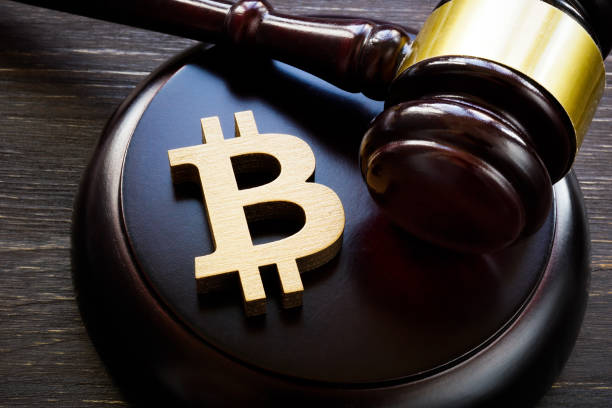Nigeria's Central Bank Reverses Crypto Ban, Orders Banks to Allow Transactions
The Central Bank of Nigeria (CBN) has reversed its stance on crypto assets in the country and directed banks to lift its previous ban on crypto transactions. This move is outlined in a circular dated December 22, 2023, with reference number FPR/DIR/Bar/CIR/002/003, approved by Haruna Mustafa, the Director of the bank's Financial Policy and Regulation Department.
The circular, titled 'Circular to all Banks and Other Financial Institutions Guidelines on Operations of Banks for Virtual Assets Service Providers (VASPS),' states that global trends have highlighted the need for crypto regulation. The CBN acknowledges the necessity of regulating virtual assets service providers (VASPs), including cryptocurrencies and crypto assets, in light of global developments and the need to prevent the misuse of virtual assets for money laundering, terrorism financing, and proliferation financing.
The circular refers to the Financial Action Task Force (FATF) recommendations in 2018, which updated Proposal 15 to require the regulation of VASPs. It also mentions Section 30 of the Anti-Money Laundering (Prevention and Prohibition) Act, 2022, recognizing VASPs as part of the definition of a financial institution. Additionally, the Securities and Exchange Commission in May 2022 issued regulations on the issuance, offering, and maintenance of digital assets and VASPs.
The new guideline supersedes the previous ones outlined in circulars FPR/DIR/GEN/CIR/06/010 of January 12, 2017, and BSD/DIR/Bar/LAB/014/001 of February 5, 2021. However, banks and financial institutions are still prohibited from holding, trading, or dealing in virtual currencies for their own accounts.
The CBN emphasizes that banks and financial institutions must comply with the new guideline immediately. This marks a shift in the regulatory stance on cryptocurrencies in Nigeria, where the CBN had previously imposed restrictions on crypto transactions. The latest circular signifies a recognition of the need for regulation and oversight in the growing crypto space.
